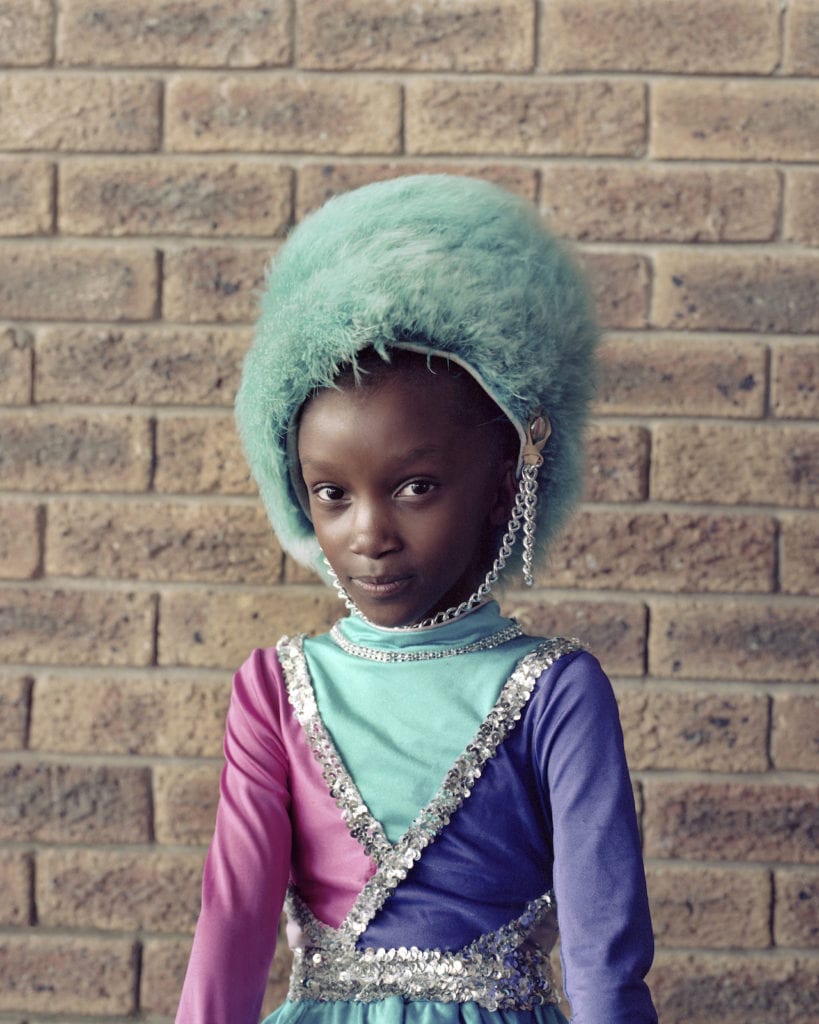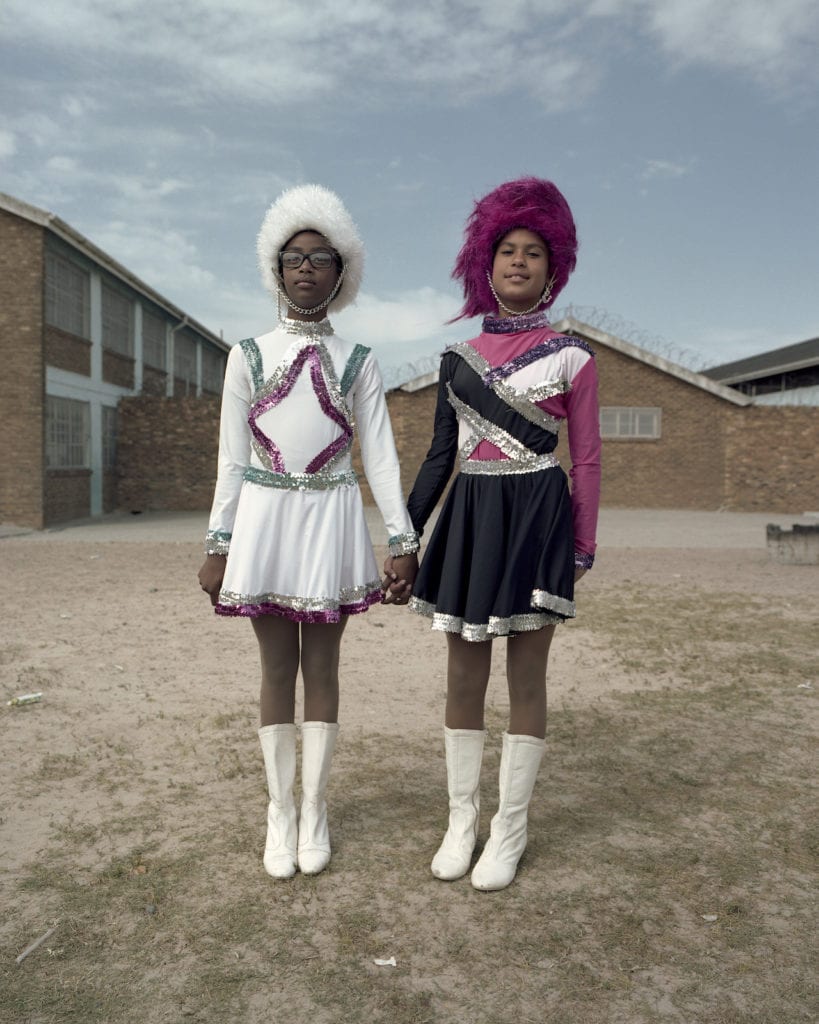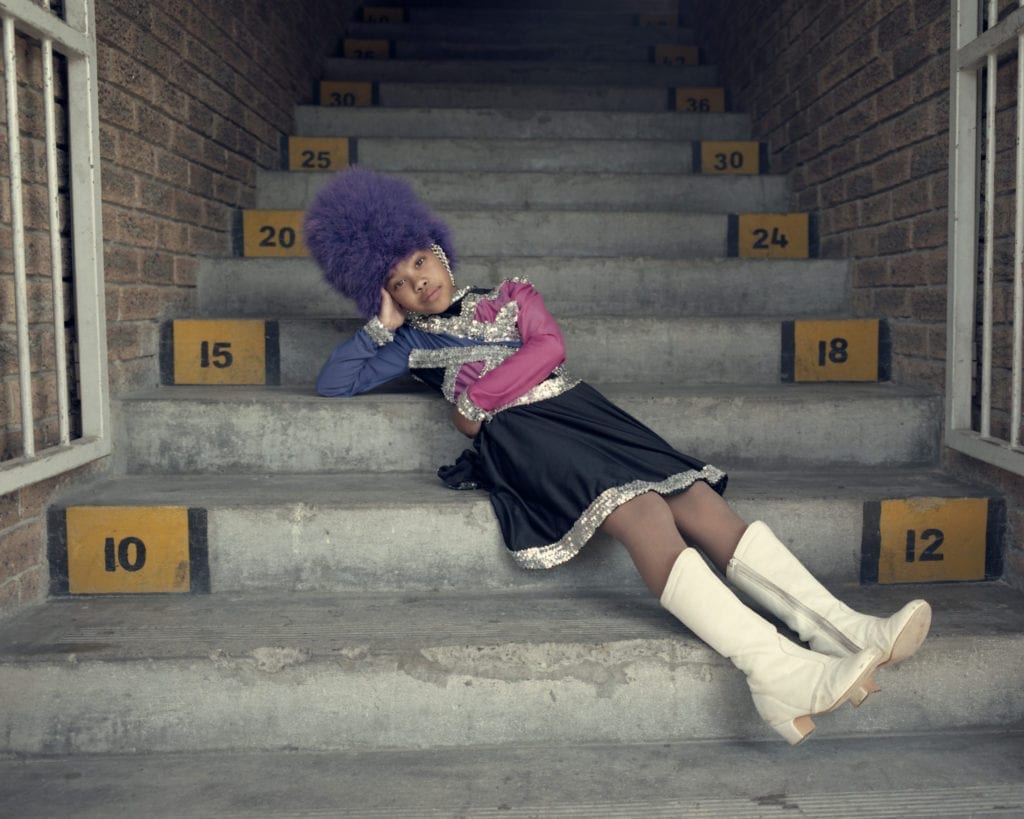Alice Mann is a South Africa-born, London-based photographer, who was awarded the prestigious Taylor Wessing Photographic Portrait Prize in 2018 for her photographs of all-female teams of drum majorettes in South Africa’s Western Cape province. The images that make up Drummies are celebratory and empowering portrayals of young majorettes from some of South Africa’s most marginalised communities.
“Winning the Taylor Wessing Photographic Portrait Prize was confirmation that people were able to instantly access the power these women had,” Mann says, “I’m really pleased that the girls’ confidence came across in the series.”
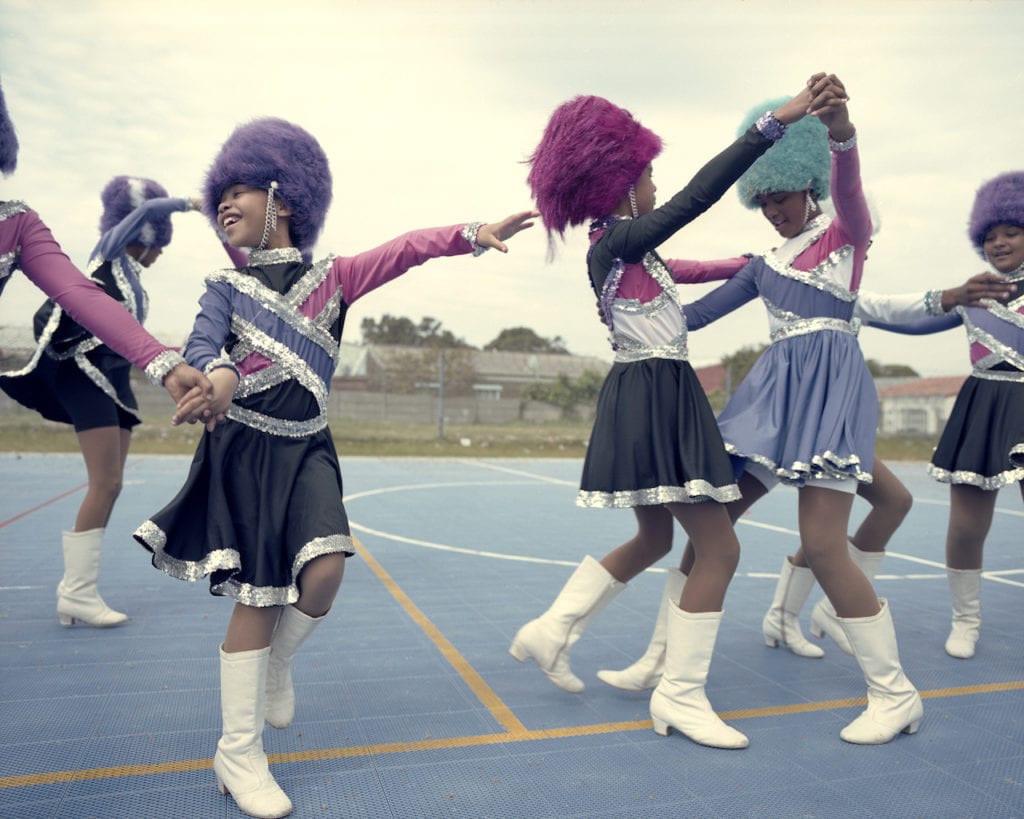
Alice Mann is one of our females in focus; a remarkable photographer making extraordinary work, whose images we are revisiting as part of our pledge to elevate photography by women. Female in Focus is a new award, launched this year by 1854 Media, in which female-identifying photographers are invited to apply to have their work exhibited as part of a month-long group show at United Photo Industries gallery in Brooklyn, New York.
Female in Focus is our way of addressing the gender imbalance in the photography industry and widening our diversity of perspectives. We want to increase the amount of women working professionally as photographers, to open up the world of photography to new talent, and to empower women to step behind the lens.
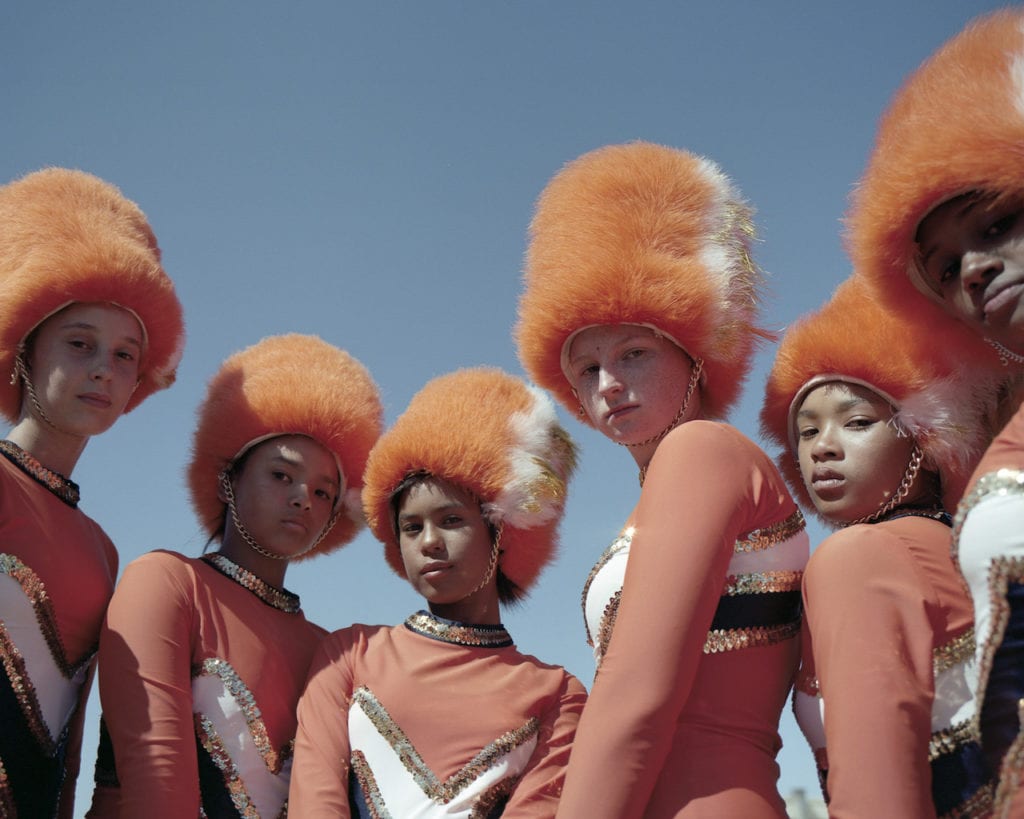
“There are so many images coming from a particular viewpoint, which is often a male, eurocentric, westernised viewpoint,” explains Mann. “It’s important that we make this broader and more inclusive.”
Mann is very aware of her role as a white South African photographer working with subjects of colour. “When I was in art school, I really started to critically question many aspects of South African society. It’s a complex place,” she explains. “I’m very aware of what it means to grow up as a white South African woman; the privilege attached to that, and the way it has implicated my work.” The result of these reflections is Mann’s desire to create work that puts her subjects in control and raises awareness of the stereotypes that pervade depictions of African people.
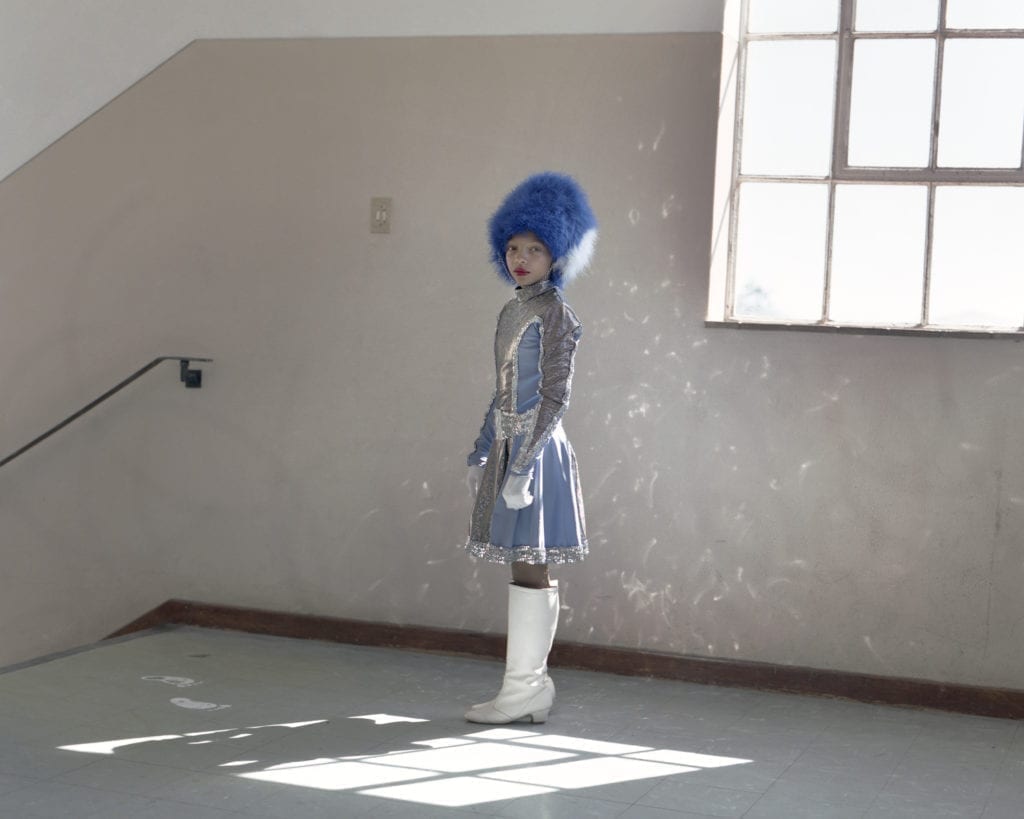
Mann strives for empowerment and collaboration through her work. She views her projects as partnerships between herself and her subjects, and aims to make photographs that people feel proud of, which they feel represent them in a positive way. “I always step back and make room for the collaborative element,” she says. “I try to make sure the people I’m photographing feel in control of the image-making process.” Mann’s artistic practice is distinctly lacking in ego, and she views other people’s ideas as the most exciting aspect of her work.
She acknowledges that her unassuming approach to image-making has been misinterpreted and underestimated in the past, but cites her soft-spokenness as a trait she has come to celebrate in herself. “I get told a lot that I should be more confident and more assertive,” she says of her experience in the industry. “Dominance is often a characteristic associated with men. I think it’s important to trust that things often seen as weaknesses can also be strengths.” In fact, these characteristics have greatly contributed towards Mann’s success, and her ability to build intimate relationships with her subjects, and in turn, to create sensitive and empowering images.
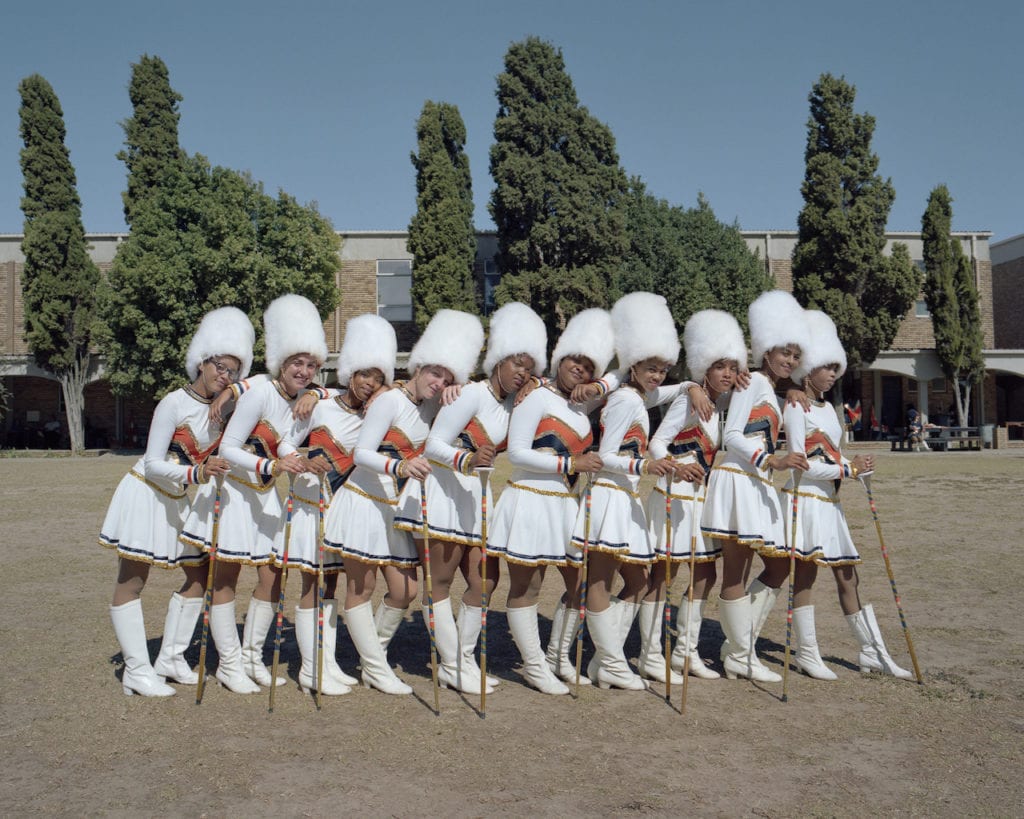
Mann has faith that the photography industry will move forward as more women are put into positions of power. She recognises female gatekeepers as having been instrumental in the launch of her own career. “All of the significant opportunities that have come to me have been through my partnerships with women,” she says. “There is now a lot of emphasis on female platforms and women being able to tell stories about women, that are from our own perspectives, not from a man’s.”
